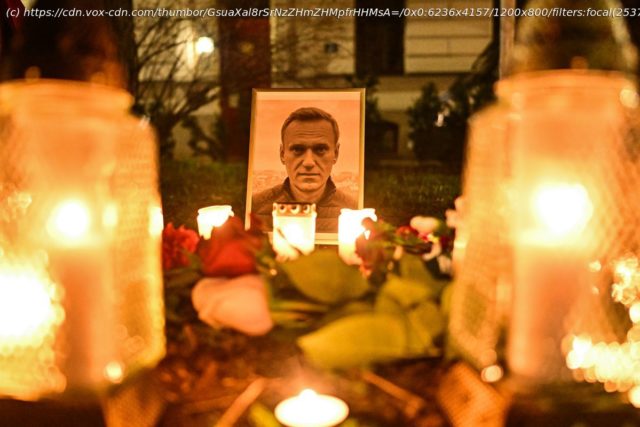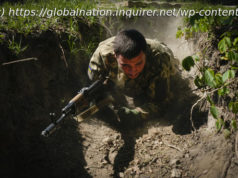Navalny’s death is the end of an era for Russia — and cements Putin’s grip on power.
Alexei Navalny, Russia’s most famous opposition figure and President Vladimir Putin’s most effective rival, has been reported dead.
Russian state media — which is loath to even say Navalny’s name — reported the death on Friday. Prison authorities say Navalny fell unconscious and died after taking a walk in the prison complex where he has been held since December. Though it’s difficult to verify information coming from the Russian state apparatus, Navalny’s team indicated they believe the reports to be true due to unusual conditions around the prison camp close to the Arctic Circle where Navalny was being held, namely that they could not make contact with the prison. Navalny’s lawyers are headed to the prison to investigate his death, according to his spokesperson, Kira Yarmysh.
Navalny’s partner, Yulia Navalnaya, appeared at the Munich Security Conference Friday and warned that Putin’s regime is not to be trusted but, should the reports of Navalny’s death be true, “I would like Putin and all his staff, everybody around him, his government, his friends, I want them to know that they will be punished for what they have done with our country, with my family and with my husband.”
Whether the Putin regime directly assassinated Navalny or his death was the result of grueling conditions — including being poisoned in 2020, being held in Russian penal colonies, and going on a hunger strike in 2021 — it will be understood by many as a signal about Russia’s future.
US President Joe Biden, for example, said the US did not know details of what happened but told reporters Friday: “Make no mistake: Putin is responsible for Navalny’s death.”
Navalny’s reported death comes right before the country’s March elections, in which he was attempting from jail to persuade fellow Russians to reject Putin, who is essentially guaranteed a fifth term.
“The war against liberalism that we have seen in Russia, taking place at the same time as the war against Ukraine, [the Kremlin] is doubling down on that,” Graeme Robertson, director of the Center for Slavic, Eurasian, and East European Studies at the University of North Carolina at Chapel Hill, told Vox in an interview. “Their sense of their ability to act with impunity is really just, it’s really off the charts.”
That impunity also signals to Russians in the country and the diaspora that there’s no Russia without Putin.






